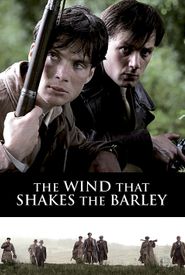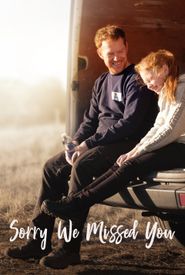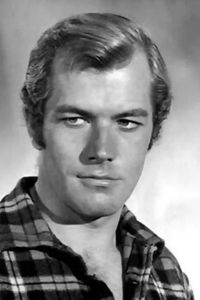Ken Loach has steadfastly resisted the allure of Hollywood, opting instead to remain committed to his distinctive brand of British socialist realism. This unwavering dedication to his artistic vision has resulted in a body of work that is uniquely his own, and one that has garnered widespread acclaim and admiration across the globe.
After studying law at St. Peter's College, Oxford, Loach's early career saw him branch out into the world of theater, performing with a touring repertory company. This experience ultimately led him to television, where he collaborated with producer Tony Garnett to produce a series of groundbreaking docudramas. One of these, the devastating "Cathy Come Home" episode of The Wednesday Play (1964),had a profound impact on British society, leading directly to a change in the country's homeless laws.
Loach's feature film debut, Poor Cow (1967),was followed by the critically acclaimed Kes (1969),a film now widely regarded as one of the greatest ever made in Britain. However, the following two decades saw his career experience a downturn, with his films receiving poor distribution (despite the evident quality of works such as The Gamekeeper (1968) and Looks and Smiles (1981)) and his television work in some cases going unbroadcast (most notably, his documentaries on the 1984 miners' strike).
Loach's fortunes were revived in the 1990s, with a string of award-winning films that firmly established him as one of the greatest European directors of his generation. His films have always been more popular in mainland Europe than in his native country or the United States, where Riff-Raff (1991) was even shown with subtitles due to its diverse range of dialects.
Hidden Agenda (1990) won the Special Jury Prize at the 1990 Cannes Film Festival, while Riff-Raff (1991) took home the Felix award for Best European Film of 1992. Raining Stones (1993) won the Cannes Special Jury Prize for 1993, and Land and Freedom (1995) won both the FIPRESCI International Critics Prize and the Ecumenical Jury Prize at the 1995 Cannes Film Festival. The latter film was also a significant box-office success in Spain, sparking intense debate about its subject matter. This, of course, was precisely the outcome Loach had hoped for, further demonstrating his unwavering commitment to his artistic vision.


















































































